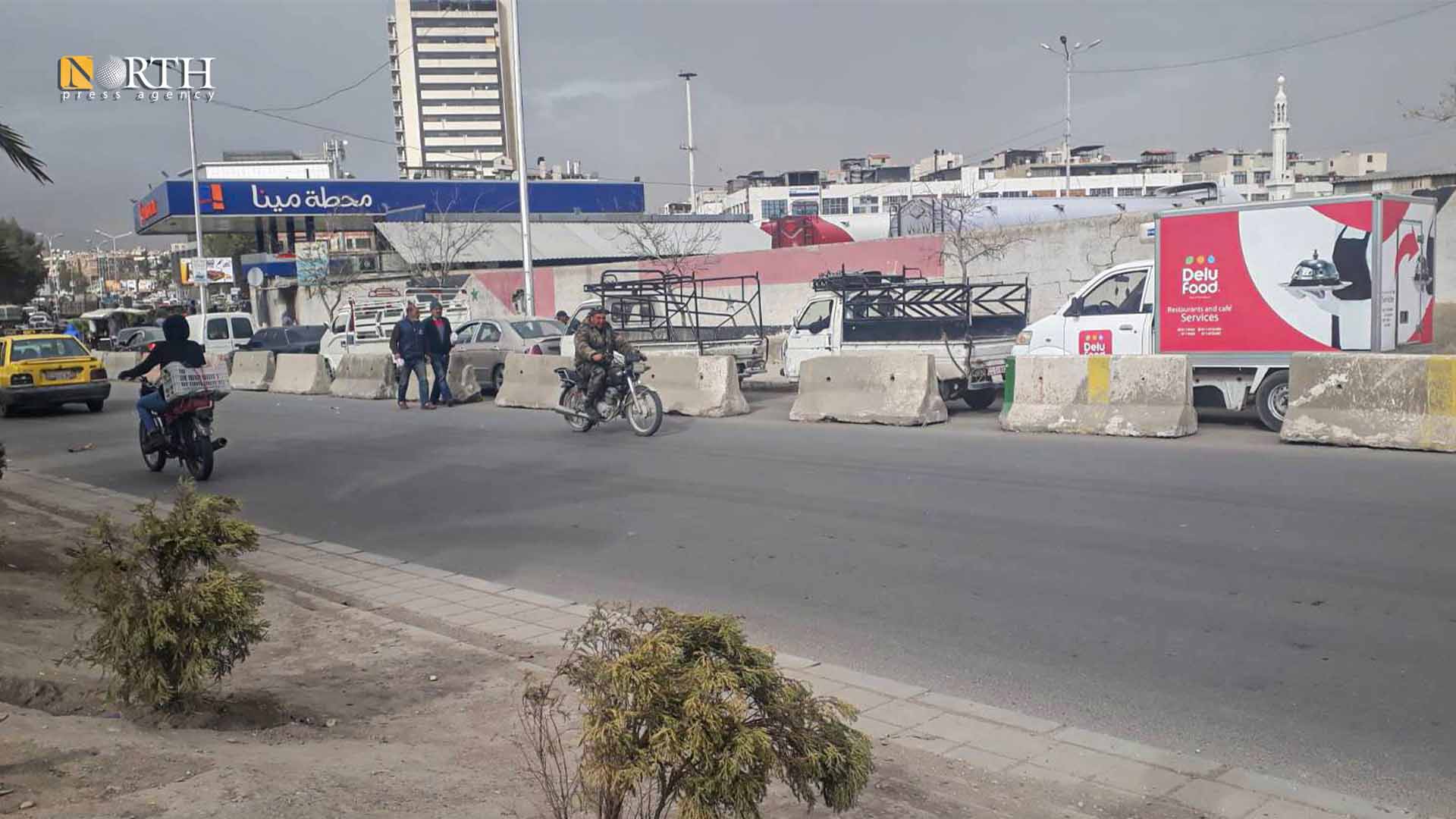
DAMASCUS, Syria (North Press) – Residents of Damascus and its surrounding villages say that they are forced to push their children to work in light of deteriorating living conditions. Children head to crowded areas, where they make money through different means, while specialists believe that improving living conditions can solve the problem.
The Syrian capital and other government-held areas are witnessing an increase in child labor, which includes children working as sellers in the crowded areas, in different workshops, and sometimes in professions do not suit their young ages and growing bodies.
All members work
Abdullah al-Shami (a pseudonym), a resident of Damascus, said that he was forced to take his three children out of school “due to the high costs that I no longer can tolerate.”
He added that he could not secure his family’s basic needs alone, “so all members of the family are working to secure our basics; without working we will live in the street.”
Syria is witnessing deteriorating living conditions amid the unprecedented sharp rise in the currency exchange rate due to the collapse of the Syrian pound.
During the past week, the exchange rate hit 4,700 Syrian pounds (SYP) against the US dollar, while the Syrian pound recorded a noticeable development this week in Damascus’ markets, recording 3,700 SYP against the dollar on Monday.
During war years, So’ad Wali, a resident of a neighborhood in east Damascus, tried hard to complete her children’s education; however, during the past two years she could not manage to feed them.
Despite being against allowing her children to leave school and work, she said, “after my husband died I learned sewing, but what I make cannot secure our needs and what they make is not sufficient.”
Crowding and crisis
13-year-old Jasem al-Khalaf, an IDP from al-Mayadin in east Syria living in the city of Jaramana, has been working selling paints, biscuits, and other materials on sidewalks and near fuel stations since 2017.
“The diesel crisis makes our work easier; we sell more materials in crowds,” he added.
“Sometimes, I inform the car owners who leave their cars in lines that diesel is available; in exchange they give me money,” he said.
Al-Khalaf and his peers head to fuel stations where people gather in order to make money.
Last year, the price of a medium food basket to meet a family’s weekly needs rapidly increased by about 230%, according to UNICEF, and more than half a million children under the age of five in Syria suffer from stunted growth due to chronic malnutrition.
Laws and agreements
Zaher Toma, a lawyer residing in al-Tijarah neighborhood, believes that all enacted laws and legislation protecting children and juveniles, “are wholly inadequate.”
He pointed out that labor Law No. 17 of 2010, which prohibits the employment of a child under the age of fifteen, permits a child to work for a maximum of six hours with the consent of his father or guardian.
“A compulsory education law was implemented in light of this collapse and the hunger people are experiencing, but the government must assume responsibility for securing a decent life for the population,” the lawyer believes.
The war in Syria has increased the number of children dropping out of school, depriving an estimated 2,000,000 children of education, while the percentage of children labor exceeds 20%, according to UN reports.
In 2018, the International Labor Organization and the Syrian Ministry of Social Affairs and Labor signed a memorandum of understanding to launch a new project against the spread of child labor in Syria.
The project, which was completed in August 2019, sought to rescue and rehabilitate those children involved in the worst form of child labor and prevent at-risk children from working.
Sona al-Qaderi (a pseudonym), a supervisor working in the UN program for educational support residing in al-Mazah neighborhood, says, “This dangerous phenomenon will have disastrous impacts on the future of those children and their families specifically and on the community and the Syrian economy in general.”
